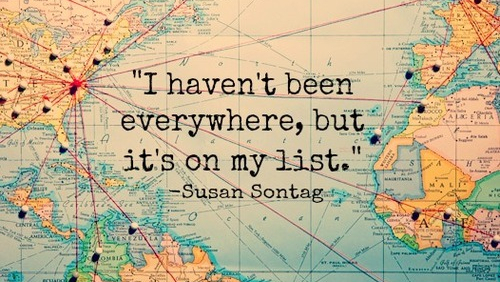If you've ever had wanderlust, you know what it's like to want to share those experiences with the world. But how can you get paid to travel, and to write about it? We've caught up with Ellen Ryan to learn more about this possibility.
She's teaching a six week Wednesday night masterclass on this very topic:
Starts October 11th, from 7-9:30PM.

The Writer's Center: How did you get started in travel writing? How do you propose that others do the same?
Ellen Ryan: Like many writers, I fell into travel writing by accident. An editor paid for me to stay at a bed-and-breakfast, then paid for a review of the place. What an introduction! Around Washington, travel writing is easy: Think how many millions of tourists come here. You don't have to go to them.
TWC: What's the most fun place you've traveled that you've gotten to write about?
ER: Off the beaten path on a Greek island, we glanced through an open window and saw a woman operating a loom by hand. Turned out she was one of only six hand weavers left in Greece, and she wove beautiful and practical creations based on ancient designs. That led to an article in the Washington Post.
TWC: Do you also take your own pictures, or is that best left to the professionals?
ER: Usually anywhere tourists go will have photos to offer, but it's good to learn how to set up your own--for reference and for possible sale. My companion and I have sold photos to several outlets, and we're not professionals by any means.
TWC: What's the hardest part about travel writing? How do you break past it?
ER: I'd say honing a salable idea and connecting it to the right market. Travel markets have narrowed, but they're still out there. Creating a niche is important. It makes you more of an expert, and editors come to depend on you. We'll discuss that in the class.
TWC: What's your dream vacation and why?
ER: The best vacation I ever had may have been two weeks driving the back roads of Kentucky, discovering tiny towns from Bee Lick to Dog Walk to Oddville. I'd love to do something like that again.

